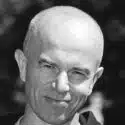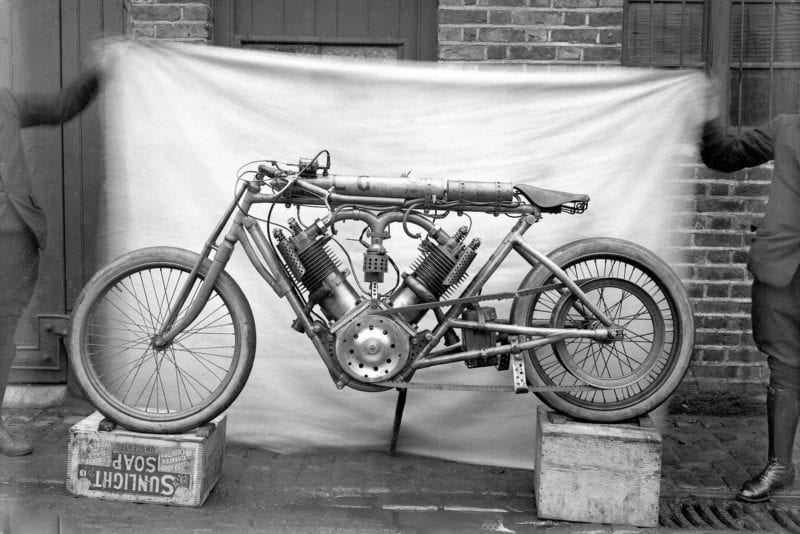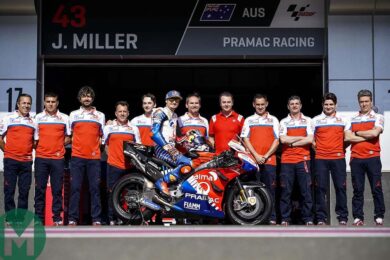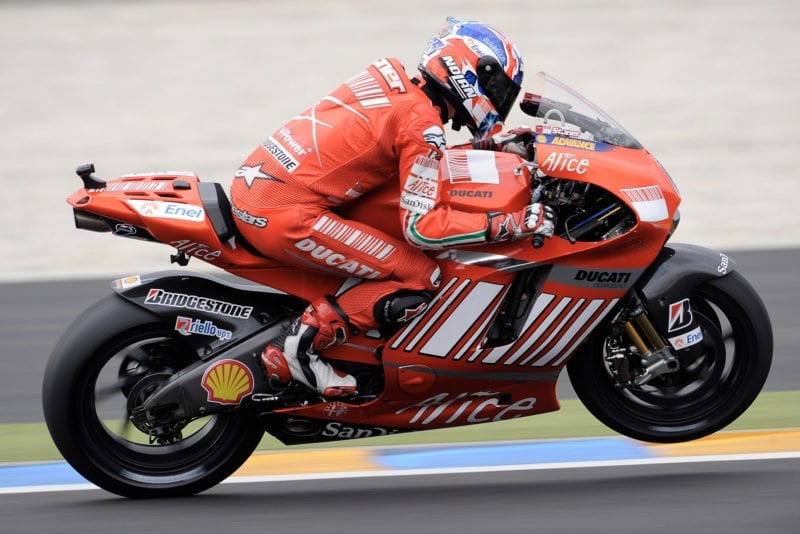Instead the rider will take that five percent and invest it elsewhere. He will experiment with different ways of working the throttle, using the brakes, shifting his body weight, exploiting the traction and so on. In the end he will invest that five per cent somewhere to save him a tenth of a second per lap. It certainly won’t make his life any easier but it might make him a fraction faster.
Back in 1989 I followed the Pharaohs Rally in Egypt, a warm-up event for the Paris-Dakar, which started by the pyramids, raced across the desert to the Valley of the Kings, over to the Red Sea and back to the pyramids. About 2000 miles in all. At one night stop I got chatting to two-times Dakar winner Gaston Rahier.
The diminutive, rock-hard Belgian told me that the rules required riders to carry a minimum of ten litres of water to keep them alive in case they got lost. (This was before tracking devices.) Then Rahier chuckled, adding that the first thing he did when he was out of sight of starting officials was ditch most of the water, to save a few kilos.
This is the mentality of a racer: they don’t want an easy life; they want to go fast.
Many decades ago roadracers struggled to go as fast as they could because they spent much of their track time keeping their bikes running. Even in the 1960s and 1970s, riders rode with spare spark plugs and a plug spanner, so if the engine oiled a plug (a common two-stroke problem) they could pull over, fit a new plug and get going again. Races were sometimes won like this.
As engineering improved and motorcycles got better, riders were able to spend more time thinking about going fast and less time keeping their bikes hanging together.
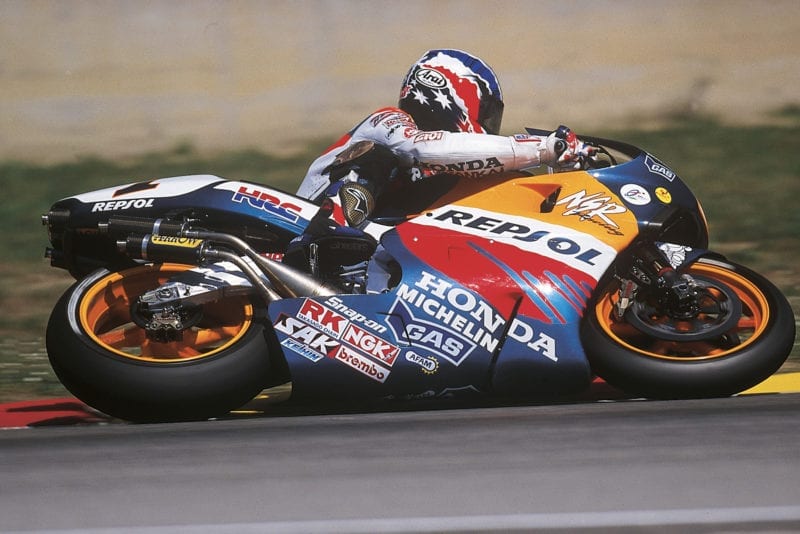
Mick Doohan on his 1998 NSR500, using unleaded fuel
Alpinestars
For the past 30 years or so, they’ve been able to focus 100 per cent on lap times. So the bikes have got easier to ride but not easier to race.
Every time there’s a shift in technology that increases the user-friendliness of race bikes there are always some fans who cry: it’s getting too easy!
In 1998, GPs switched to unleaded fuel. The new fuel softened the power delivery so much that Mick Doohan complained the once fiery 500s had been transformed to big 250s. This is why 500 rookie Max Biaggi had a relatively easy time graduating from 250s to 500s in 1998.
But did unleaded fuel make 500s easier to race at the absolute limit? Nope. Doohan simply took that ease of use and invested it elsewhere.
